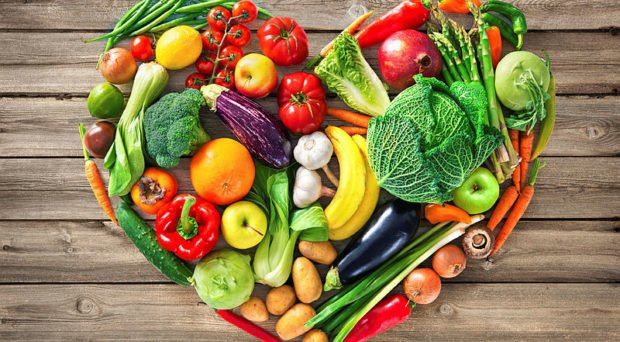Dietary relief for arthritis & musculoskeletal pain
There’s a ton of ideas floating around social media about the best diet for chronic health issues. Some have research to back them up, many don’t. So, when I read this recent paper reviewing the studies that found positive effects of dietary changes on pain intensity in musculoskeletal pain (MSK) I was one happy practitioner!
The premise of this review paper was to assess the link between dietary patterns, specific components of a patient’s diets, and chronic MSK pain. Some interesting trends emerged, which I have outlined below.
First up, it was clear that plant-based eating was associated with an improvement in pain scores. Specifically, plant-based included lacto-ovo vegetarian, vegan, and weight loss diets. The ‘why’ behind this finding might be that generally plant-based diets are considered more healthful than omnivorous diets. The ‘healthfulness’ of the diets included in this review was compared to 2 scores (Healthy Eating Index-2010 and the Mediterranean diet score), which allowed for objective assessment of each of the diets. Additionally, plant-based diet patterns tend to be more anti-inflammatory, which is a likely mechanism underlining chronic MSK pain.
Persistent pain conditions such as low back pain, rheumatoid arthritis, fibromyalgia, osteoarthritis, while presenting differently all have chronic inflammation as a mechanism. And, while chronic pain is much more complex than inflammation, as a mechanism it can lead to sensitisation and structural changes within the neurons and central nervous system which contribute to pain persistence.
Plant Based Eating
So, how do plant-based diets, including vegetarian and vegan diets help? Generally, they contain less animal-based protein, sugar, fat, and caloric intake compared to omnivorous diets, which is positively linked with pain intensity and low-level inflammation. Importantly, they are also associated with higher fruit and vegetable intake, which is also associated with lower inflammatory markers.
Another facet to the positive association between plant-based diets and less inflammation may also have to do with the gut microbiome. Plants contain a high proportion of nutrients including dietary fibre, prebiotics, healthy fats, and polyphenols (healthful plant chemicals) that support a healthy gut microbiome. We now know that the gut-brain axis has some powerful influences on health and disease, and with regard to chronic pain, the gut microbiome can drive both systemic and central nervous system inflammation, again contributing to chronic pain and pain intensity.
Studies looking at weight-loss diets, which also tended to be healthier due to the avoidance of fat and calories overall, were also associated with less pain intensity among obese or overweight osteoarthritis sufferers. Higher sugar intake was also associated with more severe pain. While there was a correlation between sugar and fat intake, the decrease in pain might also have been connected to the loss of fat mass. Obesity itself is a state of chronic low-level inflammation and as such has negative impacts on pain. Nonetheless, the combination of less calorific fat and sugar and weight loss yielded positive pain-relieving effects.
Finally, the review highlighted that chronic MSK pain overall is associated with various nutritional deficiencies, which need to be addressed prior to, or as part of any change in dietary pattern.
Take home points:
The combined effects of reduced inflammation and a positive effect on the gut microbiome from plant-based diets indicate their application might help alleviate chronic MSK pain.
Plant-based diets don’t have to exclude animal meats completely, however, the key is reduced intake and significantly increased intake of fruit and vegetables (5+ serves per day).
A low-calorie diet might decrease pain severity in patients with chronic osteoarthritis pain
Weight loss may also help decrease pain if overweight or obese in chronic osteoarthritis pain.
Consider a nutritional evaluation before making significant dietary changes. Some diets may exacerbate existing nutrient deficiencies.
Please keep in mind, however, that we are all different and so the "one diet per condition" approach doesn't necessarily hold for everyone. Individual approaches to weight loss, reducing inflammation, and supporting a healthy gut microbiome are certainly appropriate, and tend to be more effective when it comes to implementing dietary changes. If you are looking for an individual approach to pain management, please book in to see me or give me a call to chat about what strategies might work for you.
References:
Elma, Ö., Yilmaz, S. T., Deliens, T., Coppieters, I., Clarys, P., Nijs, J., & Malfliet, A. (2020). Do nutritional factors interact with chronic musculoskeletal pain? A systematic review. Journal of clinical medicine, 9(3), 702.


